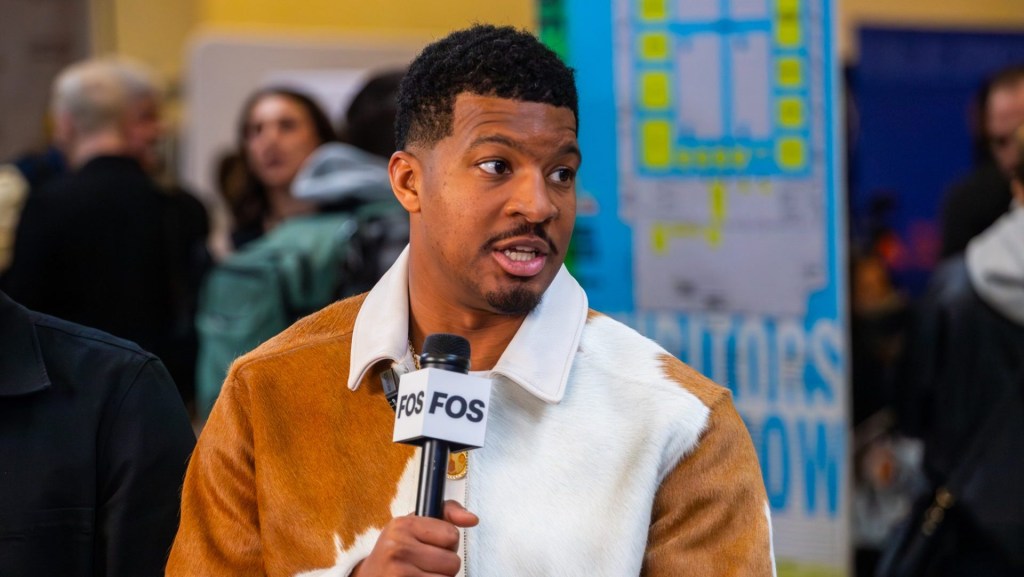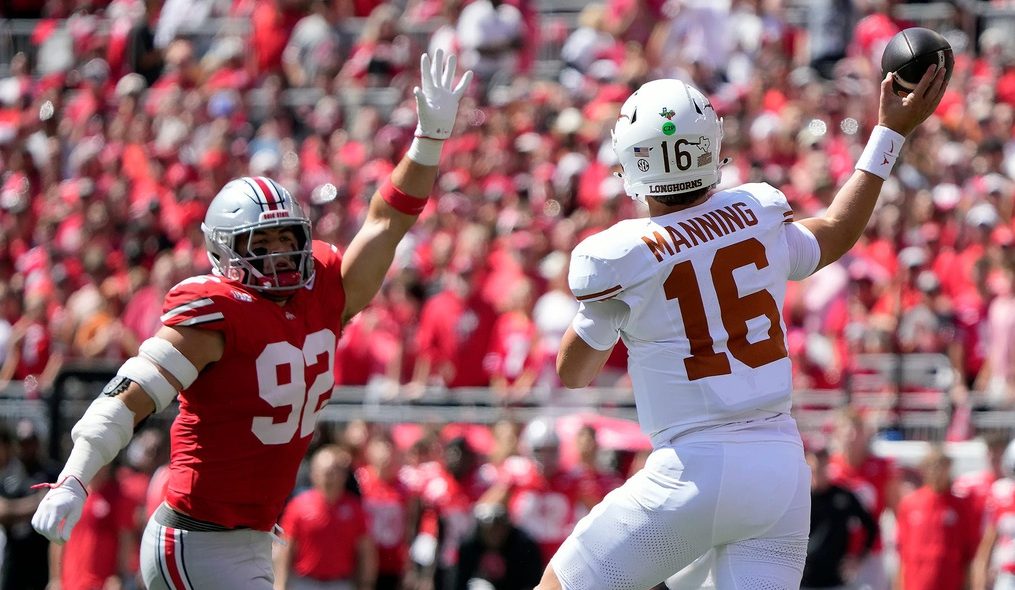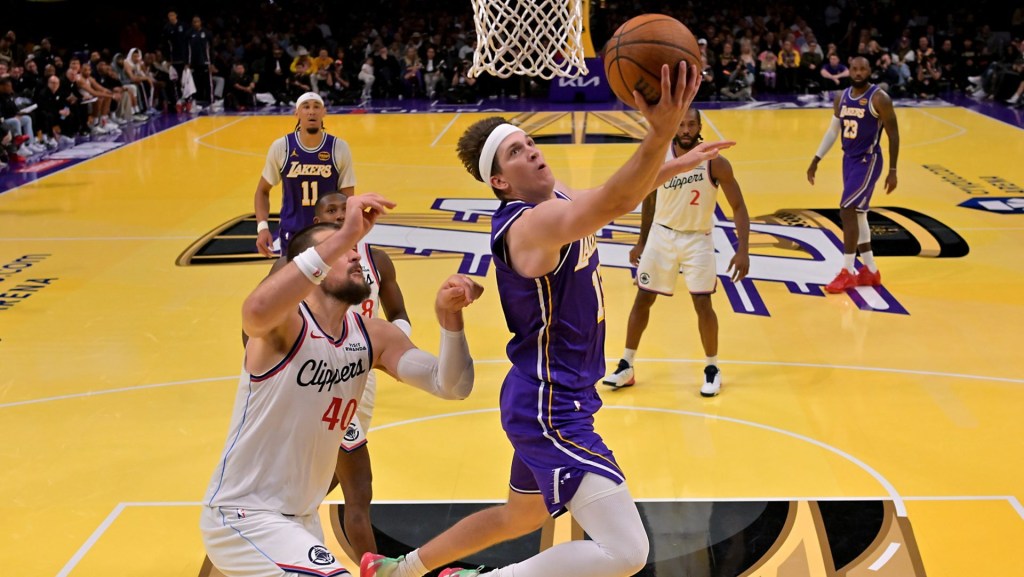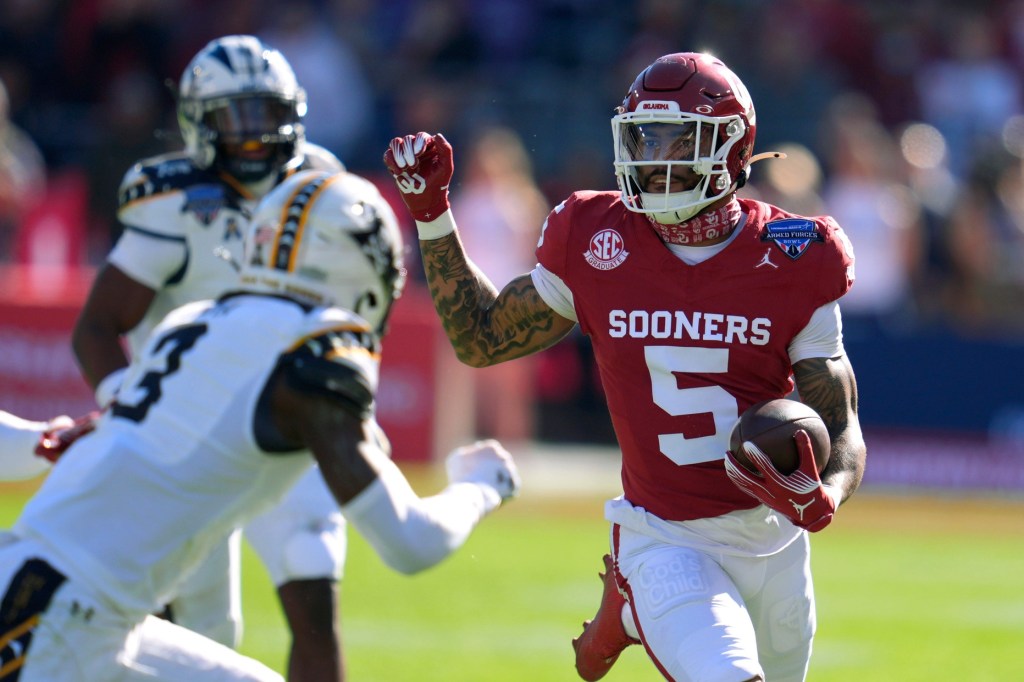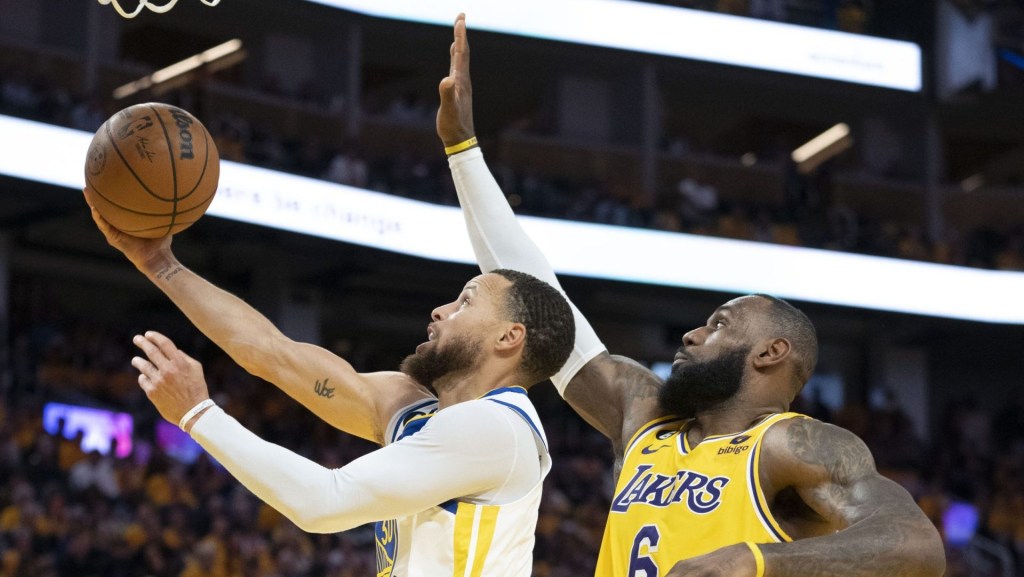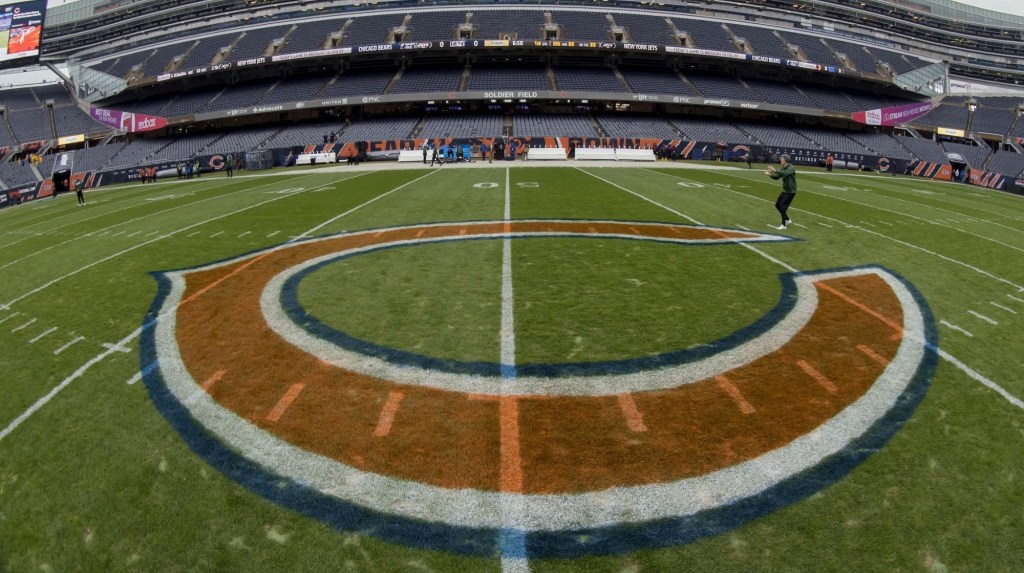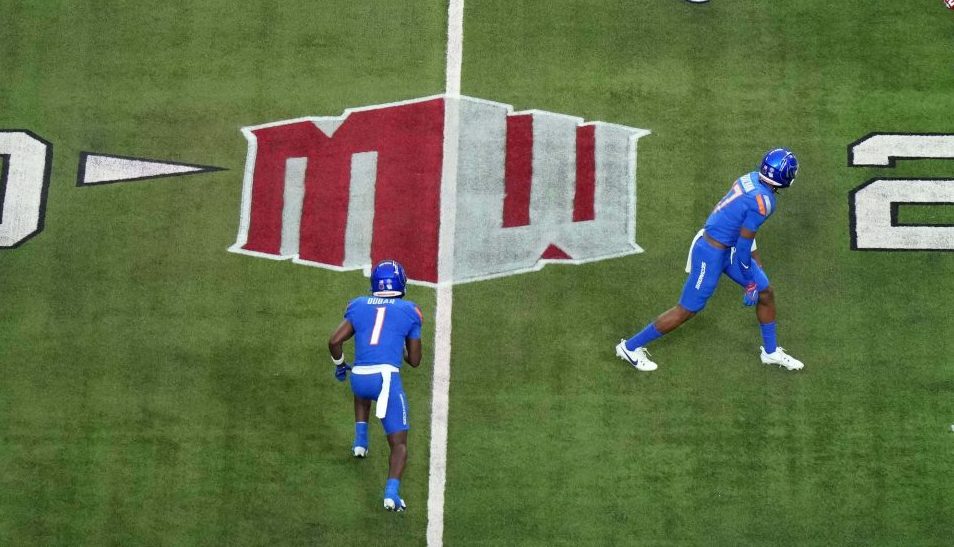An arbitrator has sided against Fernando Tatis, Jr. in his fight against Big League Advance, who gave him $2 million in 2017 when he was 18 years old in exchange for 10% of his future MLB earnings.
Tatis stopped making payments to BLA in 2024 and in June filed a lawsuit against the company in California, saying the deal violates the state’s consumer protection laws. “I want to help protect those young players who don’t yet know how to protect themselves from these predatory lenders and illegal financial schemes,” he said at the time. Tatis signed a 14-year, $340 million deal with the Padres in 2021, meaning BLA would get $34 million from his current contract alone. His suit also claimed BLA did not tell Tatis that it was unlicensed and “failed to adequately disclose” his deal’s 90% annual interest rate.
The contract Tatis signed says that disputes would be handled in arbitration, a process BLA opened when Tatis stopped making his payments. The major leaguer has tried to stay the arbitration with his lawsuit.
Last month, the arbitrator sided with BLA and ordered Tatis, 26, to pay $3.74 million. Anthony J. Carpinello, a retired New York judge, said BLA never loaned anything to Tatis. “If he failed to make it to the Major Leagues he owed nothing,” Carpinello wrote.
The arbitrator said he does not have jurisdiction over the California case, but doubted it would hold up under the state’s laws around consumer loans, which define a consumer as someone receiving money to be used “primarily for personal, family, or household purposes.” He wrote Tatis’s deal “can hardly be deemed personal or for household purposes”
BLA on Sept. 24 petitioned the Superior Court of the District of Columbia to confirm Capinello’s findings. Tatis’s case in California is still pending, with a case management conference scheduled in early December, but no documents have been added to the docket since Aug. 1.
Representatives for BLA and Tatis did not immediately respond to requests for comment.
BLA’s website says it has signed more than 700 athletes to deals, and that athletes get to choose their “upfront capital” and percentage of future earnings signed away, from 1% to 15%. The company has successfully used arbitration in the past to get other MLB-ers to fork over their earnings, including Génesis Cabrera and José Osuna.
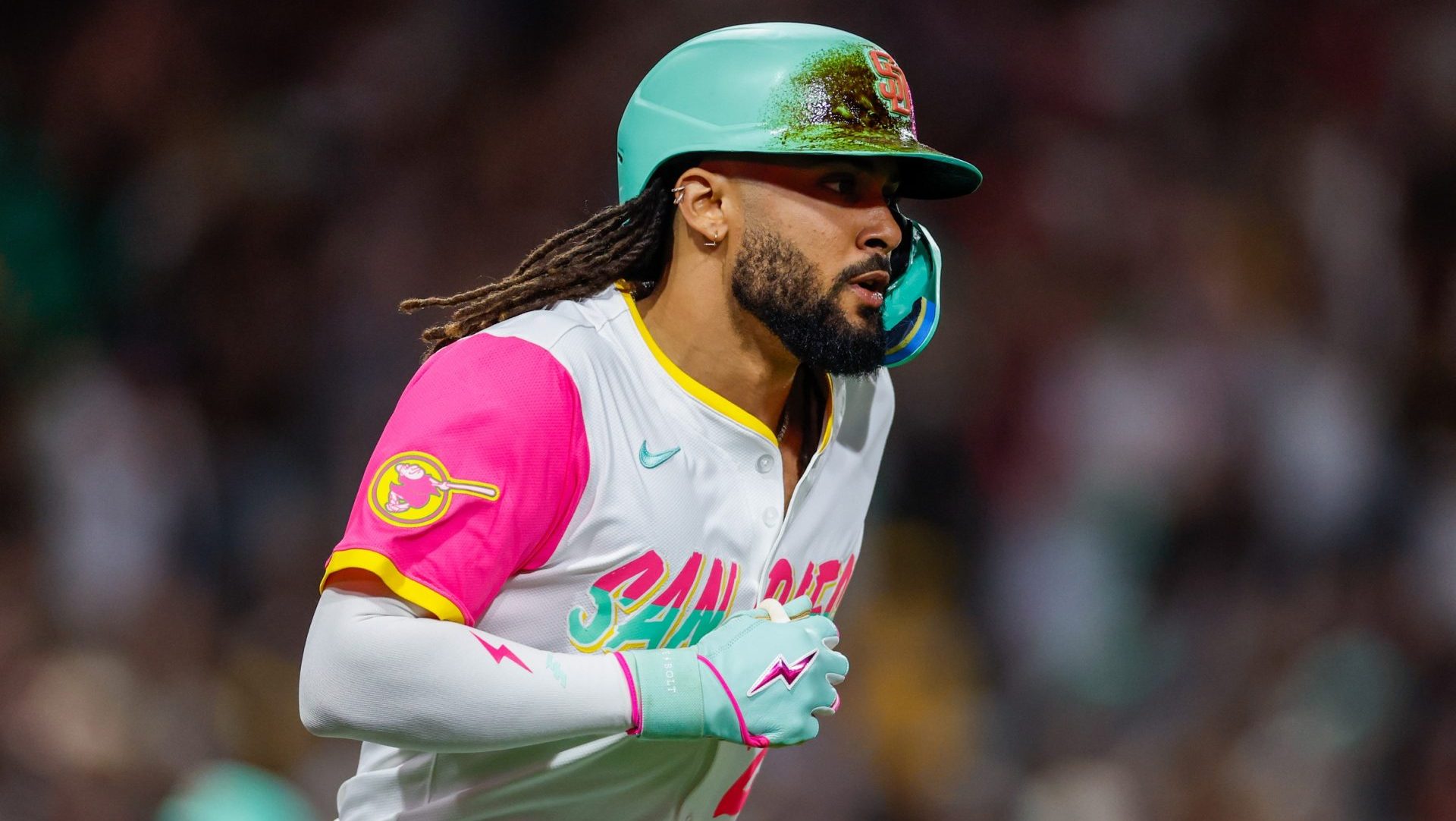

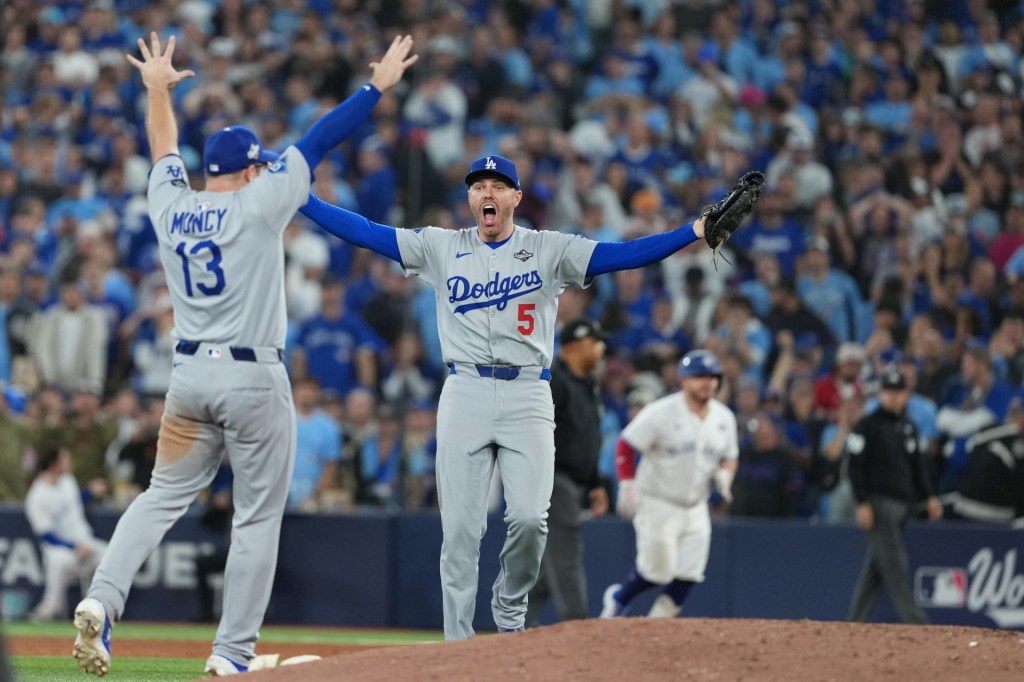
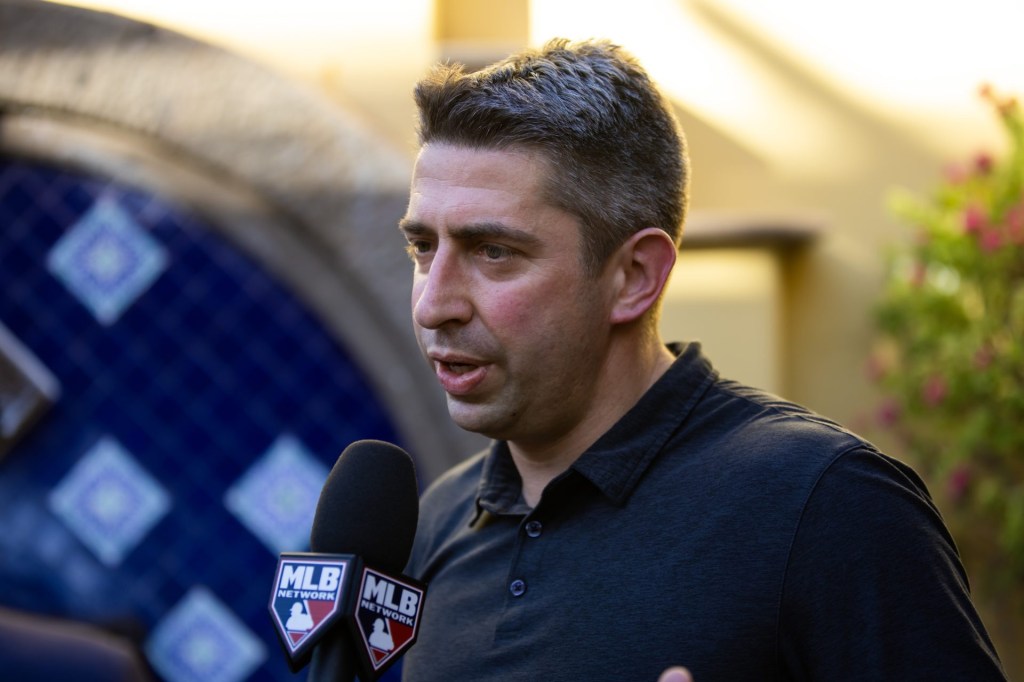
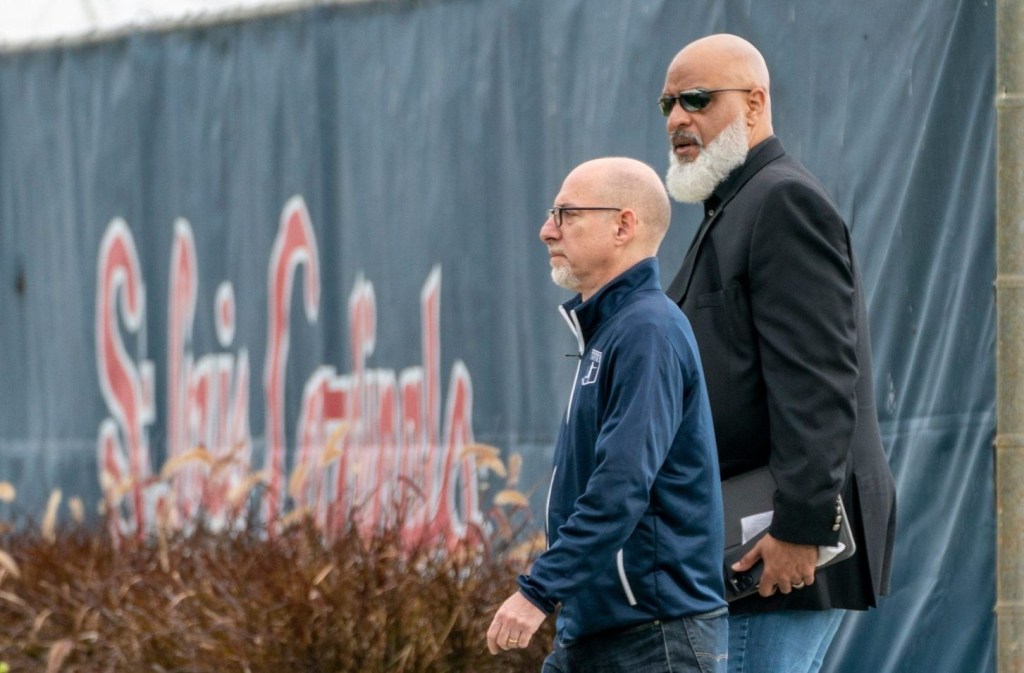
![[Subscription Customers Only] Jul 13, 2025; East Rutherford, New Jersey, USA; Chelsea FC midfielder Cole Palmer (10) celebrates winning the final of the 2025 FIFA Club World Cup at MetLife Stadium](https://frontofficesports.com/wp-content/uploads/2026/02/USATSI_26636703-scaled-e1770932227605.jpg?quality=100&w=1024)



